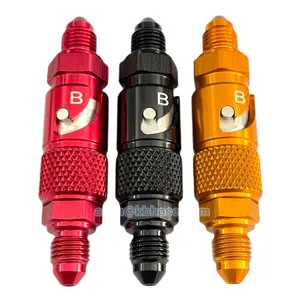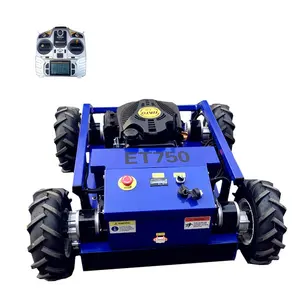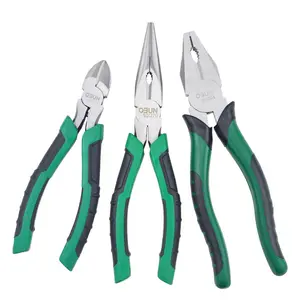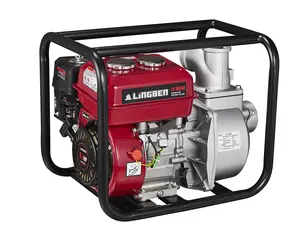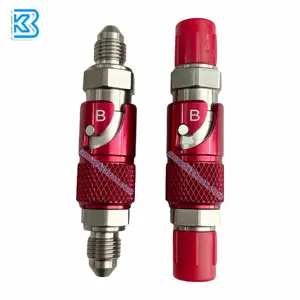Popular in your industry













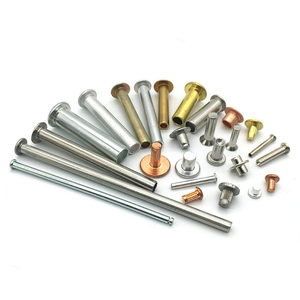












































































































































































































Top categories
About japanese rivet
Exploring the Versatility of Japanese Rivets
Japanese rivets stand as a testament to precision engineering and versatility in the world of fasteners. These small yet robust components are integral to numerous applications, ranging from industrial machinery to delicate fabric work. This introduction delves into the various types of rivets originating from Japan, their applications, and the materials that make them suitable for a wide array of uses.
Types and Applications of Japanese Rivets
The diversity of Japanese rivet types is vast, catering to different industrial and commercial needs. Rivet nuts, for instance, are designed to provide a strong thread in thin materials, while rivet removers are essential tools for disassembly. Snap rivets are another popular choice, known for their ease of installation, making them ideal for securing signs or panels without extensive technical knowledge. The application of these rivets spans across various sectors, including construction, machinery, and even the fashion industry, where they are indispensable in denim wear.
Features and Materials
When it comes to the features of Japanese rivet products, durability and reliability are at the forefront. The materials used in their manufacturing process, such as high-grade aluminum for boat rivets, ensure longevity and resistance to corrosion. Fabric rivets, on the other hand, are often made with materials that offer both strength and aesthetic appeal, essential for their use in clothing items like jeans.
Advantages of Japanese Rivets
The advantages of using Japanese rivet solutions are numerous. Their precision manufacturing leads to consistent performance and quality. The variety available ensures that for every application, there is a rivet that meets the specific requirements of the task at hand, whether it's for heavy-duty construction or delicate fabric work. Moreover, the ease of use associated with certain types of rivets, like snap rivets, allows for quick and efficient assembly processes.
Considerations for Selection
Selecting the right Japanese rivet involves considering the material compatibility, the environmental conditions it will be exposed to, and the load it needs to bear. For those in marine maintenance, aluminum boat rivets are often preferred for their resistance to water and rust. In contrast, those in the textile industry might opt for fabric rivets that can withstand repeated wear and tear while maintaining the garment's integrity.
Conclusion
In conclusion, the range of Japanese rivet options available caters to a broad spectrum of industries and applications. Their adaptability, coupled with the high standards of manufacturing, makes them a go-to choice for professionals seeking reliable fastening solutions. While the selection process may seem daunting, understanding the specific needs of your project will guide you to the appropriate type of rivet for a successful outcome.
